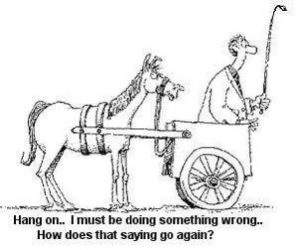Response to Hṛdayānanda das Goswami on female dīkṣā-gurus
https://youtu.be/b2GhrtX7Qto?si=f010QtReUWWLVJQ5 Hare Kṛṣṇa. Namaskāra. I’m Basu Ghosh Das, presently serving in ISKCON India as the General Secretary of the ISKCON India Governing Council, known as the Bureau. I’m also Regional…
